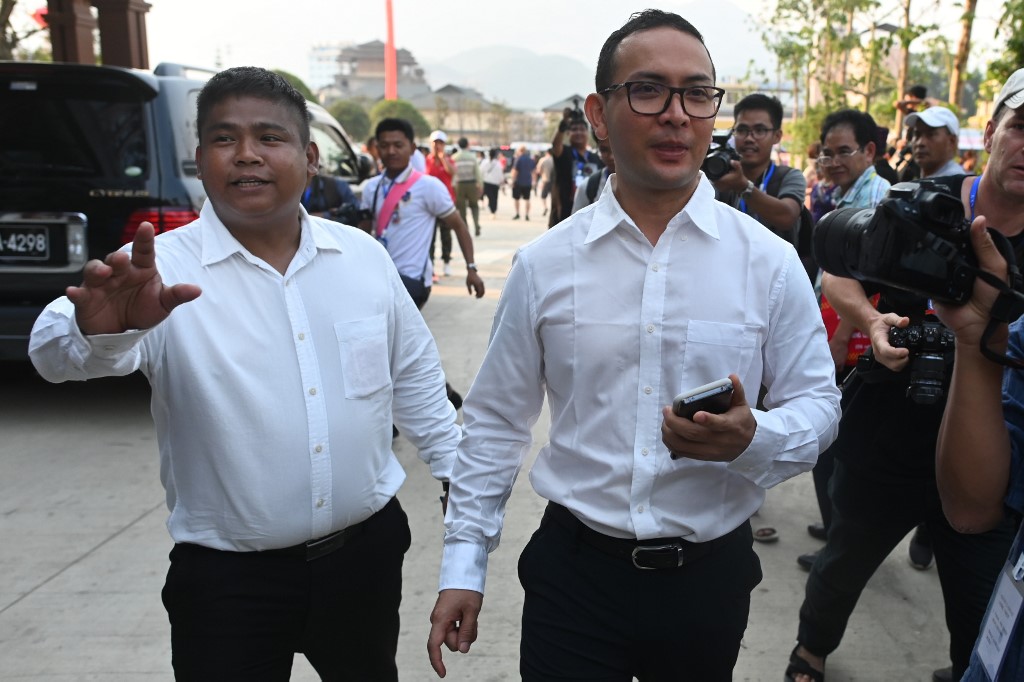
Singapore has detained several Myanmar nationals accused of organising support for a rebel group locked in fierce fighting with the military in their country's troubled Rakhine state, authorities said.
Myanmar's army has deployed thousands of troops to Rakhine in recent months to try to crush Arakan Army (AA) insurgents, who say they are fighting for more autonomy for ethnic Rakhine Buddhists.
The country's western state was the scene of a 2017 military crackdown against its Rohingya Muslims, when hundreds of thousands forced to flee to Bangladesh.
The group targeted in Singapore raised funds and organised support for the AA among the community from their home country, the city-state's interior ministry said in a statement late Wednesday.
"The Ministry of Home Affairs is taking action against several Myanmar nationals for using Singapore as a platform to organise and garner support for armed violence against the Myanmar government," said the statement.
"This is inimical to Singapore's security."
The AA was responsible for "violent attacks" in Myanmar and had been designated a terrorist group by the Myanmar government, it said.
Community events were used "to propagate the AA's cause and to rally support for the Rakhine 'fatherland'", and one of the people being probed has a direct relationship with a key AA leader.
The ministry declined to say how many people were detained, or disclose their identities.
But it said those found to be "involved in activities of security concern" would be deported.
Violence between the military and the AA in Rakhine has forced more than 30,000 people from their homes in the area in recent months.
Myanmar authorities have vowed to crush the AA rebellion, which has simmered since the group's formation in 2009.
The rebels enjoy widespread support from ethnic Rakhine Buddhists, who have felt marginalised for decades in one of the country's poorest states.

